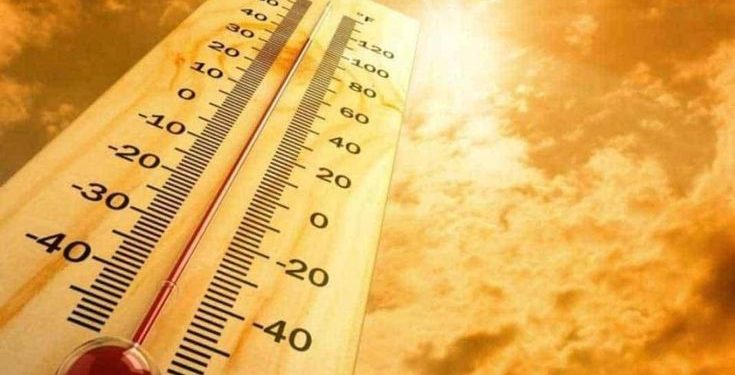Jakarta, Indonesia Sentinel — A blistering heat wave has gripped parts of Japan, leaving at least five people dead and hundreds more hospitalized as temperatures surged to record-breaking levels.
According to reports from the South China Morning Post and AFP on Saturday, June 21, the extreme heat began on Tuesday, June 17, with temperatures in some areas exceeding 37 degrees Celsius (98.6°F).
In Kofu, a city in central Japan, the mercury soared to 38.2°C (100.8°F), more than 10 degrees above the seasonal average for mid-June, which is typically the rainy season.
Other parts of the country also recorded sweltering highs, with Gunma hitting 37.7°C, Shizuoka at 37.6°C, Tokyo at 34.8°C, and Osaka at 33.4°C. Heat exceeding 30°C was reported in 547 locations across Japan.
The heat wave is expected to persist through the weekend. “This heat is clearly abnormal,” said Yukiko Imada, a professor in the Climate System Research Department at the University of Tokyo.
“For the first time since record-keeping began, over 150 locations experienced extreme heat above 35°C in mid-June. It is also unusual that the baiu front, or seasonal rain front, has disappeared, even though we are in the middle of the rainy season,” Imada told This Week in Asia.
Imada attributed the intense heat to an unseasonal expansion of the Pacific high-pressure system over Japan, a weather pattern that typically develops in July or August.
Read Also:
Vietnam Recognizes Bitcoin and Crypto Assets Under New Digital Technology Law
The extreme heat surge has already taken a deadly toll. According to AFP, 169 people in Tokyo were treated for heatstroke symptoms on Tuesday, with another 57 hospitalized on Wednesday.
At least five people have died due to the extreme conditions. AFP reported that four of the victims were elderly, including a 96-year-old woman who was found unconscious in a field in Gunma Prefecture and later pronounced dead.
Japan’s government has issued heatstroke alerts for much of the country over the past three days, covering regions including Okinawa, southern Kyushu, and central areas such as Kyoto and Nara.
A separate heat stress index covering 48 major cities found none in the “safe” category. In 15 cities, residents were urged to stay hydrated and rest regularly if outdoors. In 32 others, authorities issued a stark warning: “heavy exercise prohibited.”
(Raidi/Agung)


























